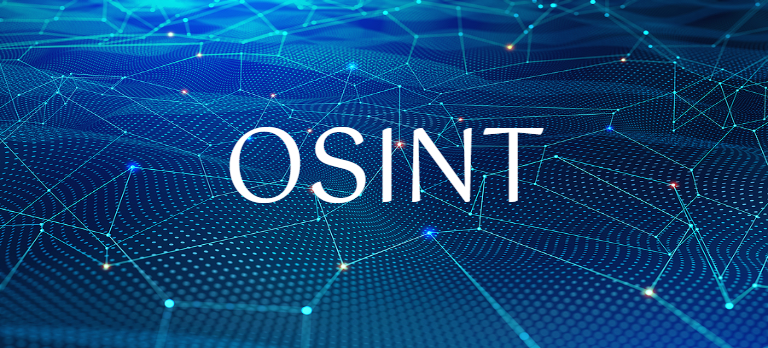The Department of Treasury is traditionally thought of as “the one that handles the money.” While the mission of the Treasury includes “maintaining a strong economy” and protecting the “integrity of the financial system,” the way the Department does that is becoming much broader than just handling the money. Treasury is taking a leading role in government-wide cybersecurity efforts, data management, and even customer service.
Cybersecurity
Financial systems are incredibly attractive targets for cyber criminals and Treasury is taking an active role in helping ensure those systems, and the personal information they hold, remain secure.
The Department is working to expand the ways people can be digitally verified while reducing the amount of personal data organizations must collect and hold. Efforts include guiding the digitization of state and local databases, and developing appropriate infrastructure and applications such as mobile driver’s license infrastructure. Current suggestions are for the development of identity solutions that reduce the amount of personal data in circulation by employing a yes-no rubric of confirmation in response to queries of data while it remains in an encrypted format in the state-controlled databases. These efforts not only protect individuals, but bolster national security in line with the recommendations to move toward zero trust in the Cybersecurity Executive Order.
Treasury is also involved in the creation, management, and monitoring of cyber insurance. These insurance plans are taken out by organizations to protect them from financial losses resulting from a cyber attack. The Treasury Department’s Federal Insurance Office is collaborating with the Cybersecurity and Infrastructure Security Agency (CISA) to determine the need for a Federal cyber insurance program. Such a program would set more guidelines for what is and is not covered under private cyber insurance plans.
Data Standards
It’s often said that “data is the new currency.” With this mindset it’s no surprise that Treasury is involved in discussions around government-wide data standards. The Financial Data Transparency Act (FDTA) has been introduced in the Senate, requiring a set of agencies (including Treasury) to create common standards around the organization, and ensure the readability and availability of the data they collect from the institutions they regulate. These standards would be created based on government, industry and international best practices for data handling and processing.
Citizen Service
Improving customer service is a key focus area of the President’s Management Agenda and was called out in an Executive Order in December of 2021. The Internal Revenue Service (IRS), under the Treasury Department, has been working on implementing modern customer service methodologies to improve how their representatives interact with citizens. Their forward thinking approaches have not always worked. In 2022, the IRS faced criticism from lawmakers and digital privacy groups over its use of facial recognition. The practice of using a third party company to verify identity raised concerns that there may be an in increase in the risk of compromising people’s identities. The agency quickly pivoted to using Login.gov, a government-wide, single sign-on system, to verify citizens communicating with the IRS.
For more information about the priorities and projects within the Department of Treasury, check out these resources.
- The Impact of Emerging Technology on AI Within the Federal Government (white paper) – Government IT experts share the various challenges and solutions they have encountered with the emergence of artificial intelligence (AI) technology and advanced data analytics (Data). The group also discussed where they see AI and Data heading in the Federal government, and what steps should be taken for these emerging technologies to be fully accepted and adopted.
- Federal IT Modernization Needs a Strategy and More Money (white paper) – Despite a plethora of legislation, executive mandates, and other policy guidance to modernize aging Federal IT infrastructure, agencies still need access to dedicated IT funding channels with more money and an overarching IT strategy to help guide them in how they fund IT initiatives.
- Issues in Data Governance (white paper) – The Federal Chief Data Officers Council was formed to improve the nation’s ability to leverage data and analytics to better serve the public. Agencies must now determine how to best handle data management and build scalable foundational data strategies. Five data experts talked with FedInsider to discuss how to meet these data goals, and the methods and advanced technologies that can help.
- 9th Identity Management Symposium (April 19-20, 2023; National Harbor, MD) – This event brings together DoD, DHS, the Federal Government, and industry leaders to facilitate open dialogue on the latest policy and technology developments impacting the identity and access management sector.
- Together Public Sector (May 23, 2023; Washington, DC) – Hear from leaders in government who are leapfrogging costly rip and replace technology modernization projects and deploying automation to get the full value of what they have. Learn from automation pioneers who are transforming mission operations through automation – creating simple, frictionless experiences for employees and customers, and building a foundation of innovation to drive more value for the mission.
Check out GovWhitePapers and GovEvents for more insight into the trends impacting the Department of Treasury.










